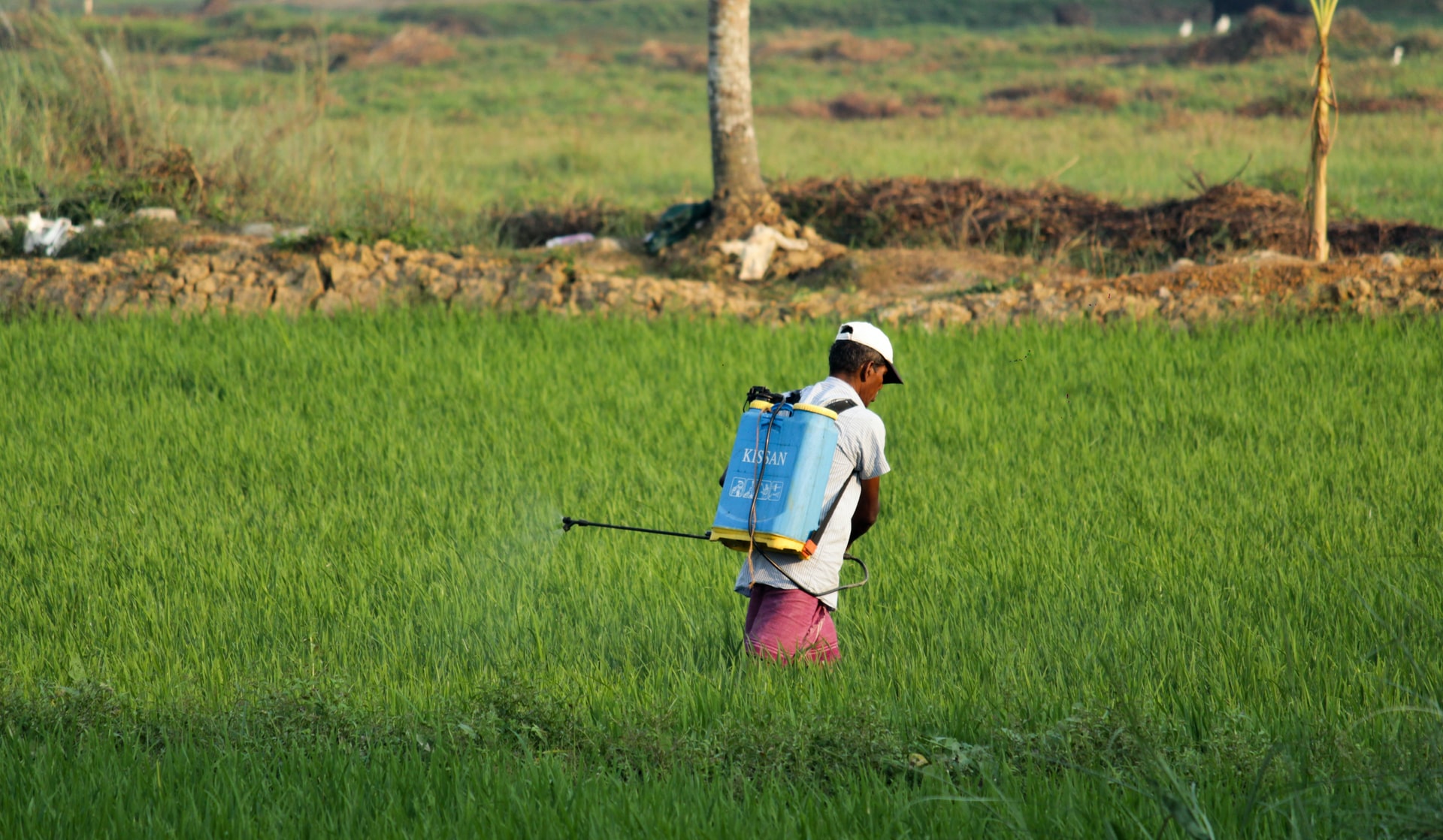News release
From:
"Nanopesticides have started gaining traction with farmers in the last five years or so. The tiny capsules can deliver chemicals more precisely than conventional pesticides. This helps combat diseases and pests more effectively and reduce the environmental footprint of agriculture. While nanopesticides sound highly promising, they may also carry risks to human health, for example, if they are absorbed into organ tissues when skin contact or inhalation occurs. A robust human health risk assessment for nanopesticides is needed before they can be safely placed on the market. However, current knowledge gaps make such assessment challenging.
"Our new framework study provides a starting point for understanding and addressing the concerns about nanopesticides. The paper provides a pathway to risk assessment, considering different stages of human exposure, for instance, during pesticide application (for farmers or by-standers), or after application (for people who harvest or consume the produce). The framework will help industry to understand what questions the risk assessor has in mind and what data and information need to be provided to satisfy the regulatory requirements."



 Australia; New Zealand; International; SA
Australia; New Zealand; International; SA



